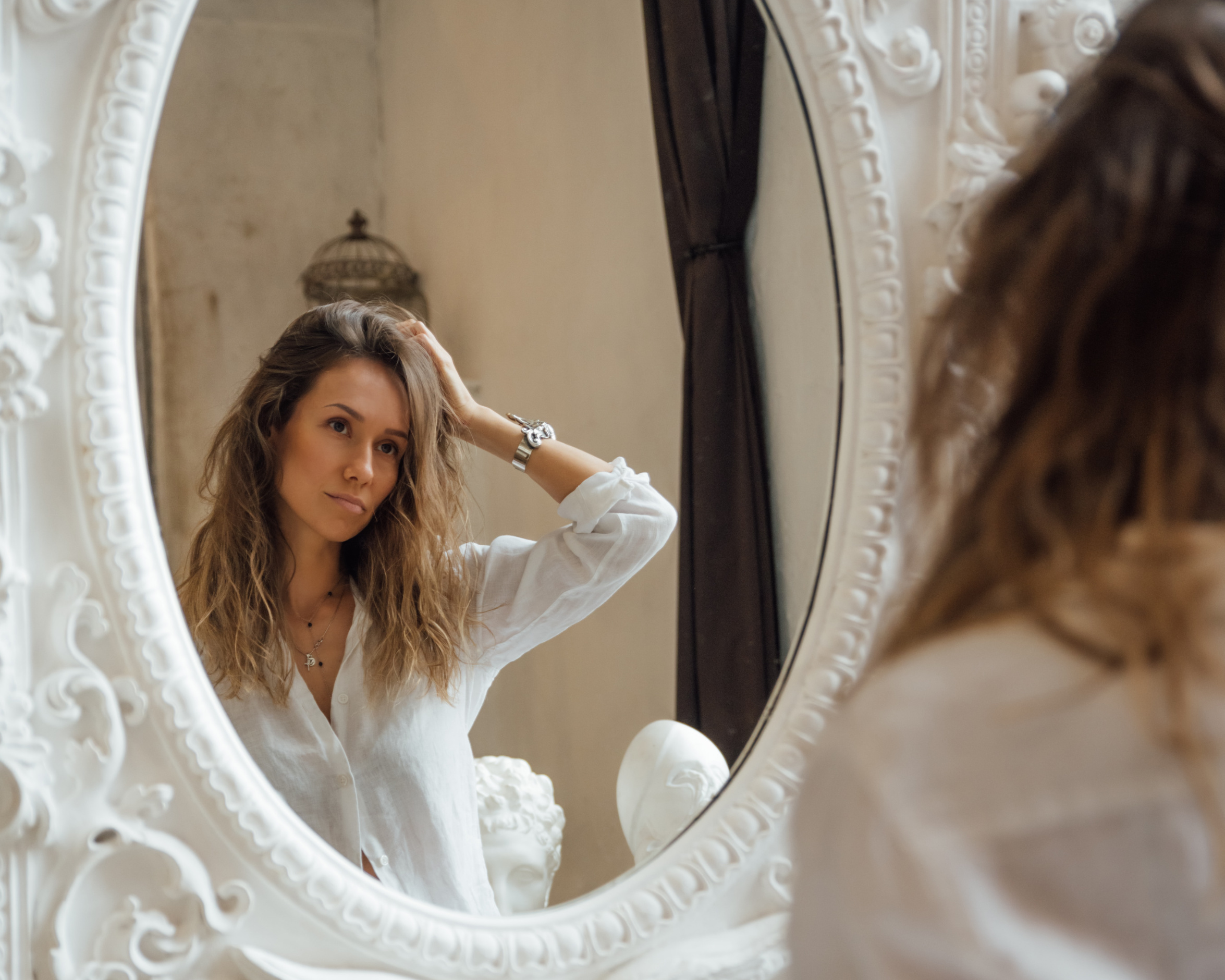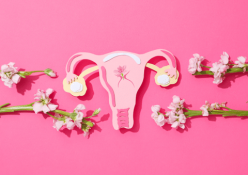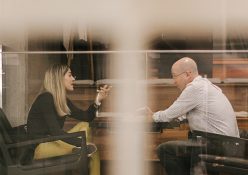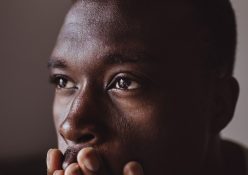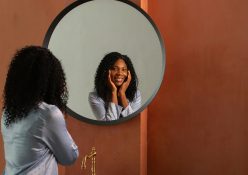Cindy Tilney examines the origin of our biases and finds out how we can be more open to others and silence our inner critic.
We all judge those around us at some point or another – it appears to be an inevitable part of the human condition. In fact, a poll of 2 000 women aged from 18 to 45 by the UK company Incognito revealed that eight in 10 judged other women upon meeting them for the first time on the basis of grooming, fashion, weight and tattoos, among other things, with the majority (56%) passing judgment within the first 20 seconds. And that is without factoring in all the judgements based on cultural or gender differences.
But are all these prejudices and biases natural instincts or learnt responses? And how can we control these judgemental thoughts so we can be more accepting of other people?
The root cause
There are two major schools of thought about prejudice: that it is an evolutionary response, and that it is a learnt behaviour. Psychologist Yoav van der Heyden supports the former theory.
‘We humans are simultaneously part monkey and part supercom-puter, and prejudices are the result of us defaulting to the way of the monkey, which has an evolutionary reaction to look after itself.’ Biases and prejudices are well rooted in survival instincts and sometimes they are rational, Yoav says.
For example, a person may react more fearfully to being followed by a man than if they were followed by a woman, as they’ve made a judgement that women are not as physically threatening. And we’re continually making use of those judgements to help us preserve our safety, he adds.
Ultimately, we’d all love to give someone a blank slate, but we can’t always because of the risks involved – chances are you’d think twice about leaving your kids with a known paedophile, for example. ‘But the problem comes in when our prejudices are irrational and translate into negative interactions with other people,’ he cautions..
Nurture, not nature
Justin Foxton, co-ordinator of Stop Crime, Say Hello, disagrees that prejudices are innate. ‘It’s just like Mandela said – “people are not born with hatred in their hearts”. Prejudices and biases are all just responses learnt from one’s society and passed down from generation to generation,’ he says.
Janine Shamos, counsellor and resilience therapist, agrees. ‘This is not to say that we are necessarily taught to be prejudiced, but if we have no exposure to other groups, we form stereotypical ideas about them,’ she explains.
Family, school, community and the media all work together to influence how a child’s thinking develops as they grow up.
Twice as nice
Barney Jordaan, a lecturer at the University of Stellenbosch Business School, mediator and director of Maserumule Consulting, Learning & Organisational Growth, believes the issue comes down to a complex combination of both theories.
‘The way we think about and view others is partly determined by physiology and evolution (how our brains are wired) and partly by our biases, prejudices and assumptions we make regarding other people – these assumptions are the result of numerous influences, including our socialisation, life experiences, history and so on,’ he explains.
As humans, our initial response when we find ourselves confronted with people-related problems – disagreements, conflicts, different viewpoints, difficult conversations – is predominantly an emotional, rather than a ‘thinking’, response, says Barney. We tend to either fight or withdraw. ‘But the result of doing things this way is almost always that one side wins, while the other loses,’ he adds. ‘Even the notional “winner” could look back at the interaction and realise that they could quite easily have had a better resolution for themselves if they had adopted a different mindset and devised a different strategy.’
What to do
The experts agree that to escape from the kind of win-lose – or even lose-lose – interactions that seem to be so prevalent in our society, we need to question and adapt our assumptions, adopt different approaches to engaging each other around difficult issues and, most importantly, strive to adopt more productive problem-solving behaviours. ‘Dealing with such tough issues in a logical, rational or reflective rather than reflexive manner is something that doesn’t come naturally to most people and, therefore, has to be learnt,’ explains Barney.
It’s not necessary (and could be unproductive) to judge ourselves for making these judgements, but it is important to be aware of them and control how we react to them, agrees Yoav. Some psychological approaches advise stopping and really asking yourself whether the thought is true or false, rational or irrational. However, he believes, the key question is whether it’s useful. ‘You need to ask yourself whether the thought serves you and fits a value system of someone you’d like to be,’ he says.
Check yourself
To engage your critical faculties when confronted with a difficult conversation, or when tempted to make a judgement, try counting to 10 or taking a few deep breaths before responding, advises Barney. Instead of taking the easy way out and automatically blaming others, or yourself, we should rather frankly question our thoughts and all the driving forces behind what people say or how they may behave, and suspend judgement until we have all the information we require to come to a more objective and fairer conclusion.
‘By doing this, we are able to bypass the instinctive, reflexive responses of “fight or flight” and can then allow the thinking area of the brain, the prefrontal cortex, to do its job of looking at the issue in a calm, rational way,’ he says.
‘In the words of the late author and holocaust survivor Victor Frankl: “Between impulse and response lies a space. In that space lies a choice. In that choice lies our dignity and our freedom”.’



